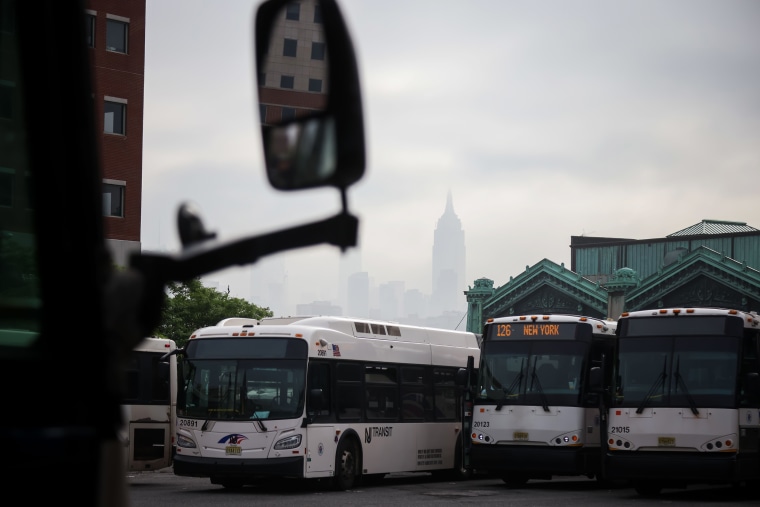Shakira’s New Jersey Concert: How the NJ Transit Strike Impacted Fans
Shakira’s much-anticipated concert in New Jersey took an unexpected turn when the NJ Transit engineers strike disrupted travel for thousands of fans. As the nation’s third-largest transit system came to a standstill, attendees faced major transportation hurdles, turning an exciting musical event into a logistical challenge.

The Shakira Concert Dilemma
A Shakira concert is always a big event, drawing fans from all over the tri-state area. This time, the excitement was coupled with anxiety as news broke about the ongoing NJ Transit strike. Many ticket holders suddenly had to reconsider their travel plans in the face of suspended trains and overcrowded alternate routes.
Some fans found creative ways to reach the venue, including carpooling or relying on rideshare apps. Others faced long delays or were even forced to miss the show altogether, highlighting the deep impact public transit disruptions can have on significant community events like a Shakira performance.
What Happened with NJ Transit?
The root cause of the logistical chaos was an unresolved contract dispute between NJ Transit officials and the Brotherhood of Locomotive Engineers and Trainmen. The strike began just one day before Shakira’s scheduled concert, stranding thousands of commuters and putting pressure on event organizers and fans alike.
According to a comprehensive NBC News report, nearly 100,000 daily riders were affected. The article details how the strike forced NJ Transit into a standstill, leaving commuters and fans scrambling for alternative ways to reach their destinations, including the much-anticipated Shakira show.
Union representatives cited low pay and the need for fair contracts as top issues. Transit leaders, on the other hand, insisted that budget constraints limited their ability to fully meet union demands. Negotiations have continued, but as of the concert date, a resolution had not been reached.
Fan Frustration and Community Impact
The NJ Transit strike extended far beyond daily commutes. Major events, including Shakira’s concert, saw attendance drop as fans struggled with travel disruptions. In addition, ticket holders shared their stories of frustration and disappointment across social media, painting a vivid picture of the widespread inconvenience.
A CBS New York video report further illustrates how commuters and fans alike had to change their plans due to halted train services. Some spent hours on the road or sought last-minute accommodations in the city to avoid missing out on Shakira’s performance.
The Broader Lesson for Live Events
The disruption of Shakira’s concert serves as a lesson for event organizers and public officials alike. Reliable public transportation is essential for large-scale events. When transit systems falter, the ripple effects touch not just commuters, but entire communities and cultural experiences as well.
For future Shakira events, fans are encouraged to check transportation updates and make contingency plans. Organizers might also consider offering clearer communication and alternative travel resources to ensure such disruptions don’t dim the festive spirit of a live performance.
Conclusion
Shakira’s concert in New Jersey will be remembered not just for electrifying music, but also for the transportation struggles fans endured. The NJ Transit strike highlighted the critical role of public transit in uniting communities for major cultural moments. Fans, organizers, and officials now share a renewed understanding of just how vital seamless transportation is—especially when the lights come up and Shakira takes the stage.